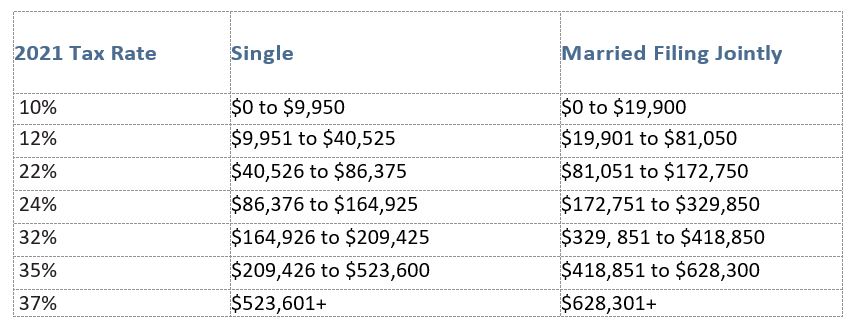
It’s National Long-term Care Awareness Month, so it’s the perfect time to discuss the importance of preparing for the potential need for care.
Financial planning can be a complex process, especially for those looking for a comprehensive plan that accounts for every aspect of their life. That comprehensive plan traditionally includes budgeting, investing, tax-mitigation, estate planning, and as you get closer to retirement, should even include Medicare and Social Security. One aspect that often goes overlooked, however, is planning for long-term care, or the potential of needing this extremely intricate, intimate and pricey care. Let’s go over why it’s important to include long-term care planning as part of your holistic financial plan, as well as a few ways you might be able to mitigate the potential of it draining your savings.
It Can Help You Preserve Your Hard-Earned Assets [1,2,3]
The unfortunate reality is that seven in 10 of today’s 65-year-olds will need some type of long-term care, and 20% will need it for longer than five years. When long-term care can cost more than $100,000 per year for a private room in a nursing home, it’s easy to see how even a short-term stay be detrimental to a financial plan by draining savings and upending long-term plans. Preparing early for the possibility of needing long-term care can help you avoid the stress and pressure of scrambling for the funds or clearing out the savings accounts you’ve worked so hard to grow.
It’s Not Covered by Medicare
A common misconception is that long-term care or extended stays in assisted living or nursing home facilities are covered by Medicare. It does cover some stays in skilled nursing care if, for example, a medical condition has necessitated that level of service; however long-term care is considered a lifestyle expense rather than a medical expense, so it’s not covered by the federal program. That means that even if you work with a financial professional to find the right Medicare or Medicare Advantage plan for you, you may still be lacking the coverage you need, again forcing you to foot a bill that can quickly deplete funds for even the most diligent savers.
It May be Able to Extend Your Independent Lifestyle
Planning for long-term care is about so much more than just the care itself. It’s about giving yourself the opportunity to make life-altering decisions in any scenario. A clearly defined plan to pay for long-term care can help you retain your agency and decision-making power, even if you’re no longer capable of living on your own. It can also be helpful to know that you have a plan in place in the event of the worst, potentially giving you confidence and saving you from the stress that can come with having to make a decision and arrange for your care at the last possible moment.
You Can Shoulder the Burden for Loved Ones
Just as your plan is about more than the care itself, your plan is also about more than you. If you create a comprehensive plan that determines how you’ll be cared for as well as how you’ll pay for that care should you need it, your family may not be subjected to the emotional and financial burden that can come with making those decisions at a moment’s notice, especially if your health and capabilities have deteriorated beyond being sound of mind. Additionally, a plan can give your family the same assurance it gives you, as they can potentially gain confidence that you’ll be in capable hands should you need high-level care for an extended period.
You May Prepare and Gain Access to Better Care
The flexibility you offer yourself by preparing early can also give you access to the quality of care you need, whether that be at-home care or assistance in a long-term living or nursing facility. It can also help you build the financial resources or secure a spot if you need a specific level of care, such as memory care, that often sees openings fill quickly at the best facilities. Furthermore, depending on the saving vehicle you use, you might be able to build more assets you can use to fund your stay. Those funds might help you relieve the stress of finding new methods of payment, relocating to a different facility or falling into the hands of a family member who likely isn’t capable of providing you with the assistance you need.
There Are Modern Options to Pay for It
Modern times have brought about innovative solutions to pay for long-term care. Long-term care policies of old still exist, giving policyholders the option to pay premiums for a service they may never use, but now, long-term care insurance can be tacked onto other types of insurance products, such as permanent life insurance policies, to combine benefits. This means that your long-term care policy can come with the same features as permanent life insurance. This is important because it can potentially eliminate the “use-it-or-lose-it” aspect of long-term care policies of old. The cash value portion of the hybrid policy that is protected and guaranteed by the claims-paying ability of the issuing insurance carrier can be used to pay for long-term care if you need it or as a death benefit for your beneficiaries if you don’t. It’s still important to work with a financial advisor to see if one of these hybrid policies matches your goals.
If you have any questions about how you can prepare to fund long-term care, please give us a call today! Give us a call today to explore your options. You can reach Drew Capital Group in Tampa at 813.820.0069.
Sources:
- https://www.genworth.com/aging-and-you/finances/cost-of-care.html/
- https://acl.gov/ltc/basic-needs/how-much-care-will-you-need
- https://www.theseniorlist.com/nursing-homes/costs/
Life Insurance: Several factors will affect the cost and availability of life insurance, including age, health, and the type and amount of insurance purchased. Life insurance policies have expenses, including mortality and other charges. If a policy is surrendered prematurely, the policyholder also may pay surrender charges and have income tax implications. You should consider determining whether you are insurable before implementing a strategy involving life insurance. Any guarantees associated with a policy are dependent on the ability of the issuing insurance company to continue making claim payments.
This site contains links to articles or other information that may be on a third-party website. Advisory Services Network, LLC is not responsible for and does not control, adopt, or endorse any content contained on any third-party website.













